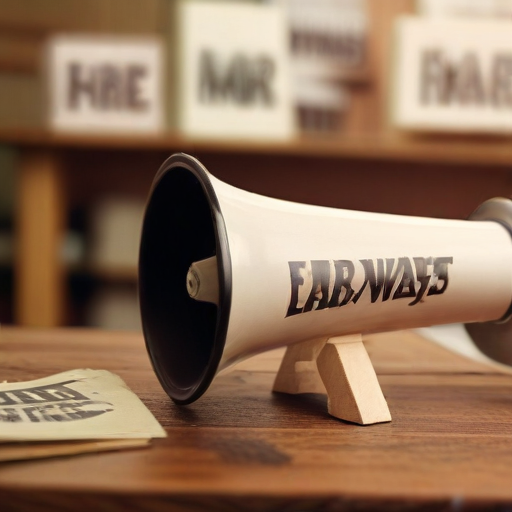Workers at seven Amazon facilities initiated a strike on Thursday morning, as the International Brotherhood of Teamsters aims to secure a labor agreement with the e-commerce giant during a crucial shopping season. Picketing has begun in several locations, including in Queens, New York.
The Teamsters are representing workers who recently authorized walkouts, following Amazon’s disregard for a contract negotiation deadline set by the union for December 15. While the union describes this strike as potentially the largest against Amazon in U.S. history, the company claims it does not expect major disruptions to its operations.
The Teamsters represent nearly 10,000 workers at ten different Amazon facilities, a fraction of the 1.5 million employees the company has across its warehouses and corporate offices. Notably, a significant number of workers at a Staten Island warehouse affiliated with the Teamsters after voting for the Amazon Labor Union in 2022. Other employees, particularly delivery drivers, have also joined the union by demonstrating majority support without formal elections.
Strikes are occurring at an Amazon warehouse in San Francisco and six delivery stations located in Southern California, New York City, Atlanta, and Skokie, Illinois. The union has indicated that workers at additional facilities are prepared to join the strike.
In a show of solidarity, local union workers, including those from Local Teamsters 249, are supporting the strikers even if they themselves are not unionized. Kevin Schmitt, head of the local union, noted that picketers began gathering early Thursday morning.
As for the reasons behind the strike, Teamsters General President Sean M. O’Brien stated that Amazon’s lack of respect for its workers is driving them towards the picket line. He urged that delays in package deliveries during the holiday season should be attributed to Amazon’s greed and its failure to engage in meaningful negotiations with the union.
In the background, Amazon is contesting the election that resulted in the union’s victory at the Staten Island warehouse, filing a lawsuit against the National Labor Relations Board’s constitutionality. The company argues that its delivery drivers are not employees, but rather work for independent third-party businesses, a statement the Teamsters dispute.
While tensions between the union and Amazon are escalating, some U.S. labor regulators have sided with the Teamsters, and Amazon recently increased driver pay amidst growing scrutiny.
This strike highlights the ongoing struggle for labor rights and fairness within the gig economy, as more workers seek recognition and better working conditions. Such movements may lead to significant changes in corporate labor practices, fostering a more just environment for employees in the future.
